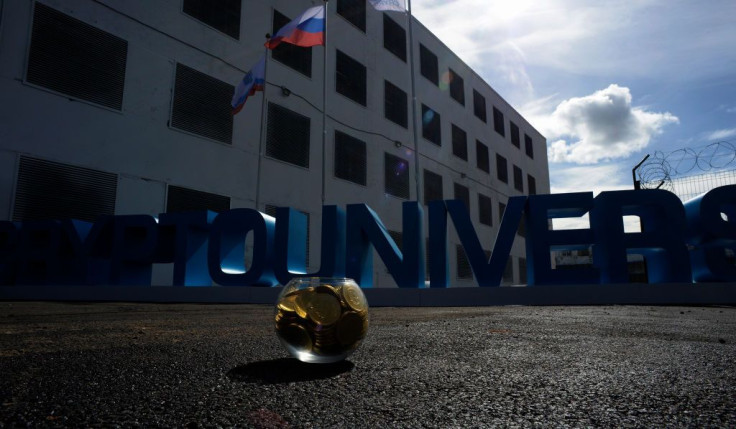The United States is taking a disciplinary approach by announcing another round of sanctions to secure Russian banks and "corrupt billionaires." Meanwhile, bitcoin mining in Russia remains steady, though sanctions could affect miners' calculus over time.
The West's initial salvo of financial sanctions against Russia failed to stop President Vladimir Putin from launching a full-scale invasion of Ukraine. "If the Russians decide — and they're already doing this, I'm sure — to avoid using any currency other than cryptocurrency, they can effectively avoid virtually all of the sanctions," said Ross S. Delston, an expert on anti-money laundering compliance.
Cryptocurrency mining is the process of verifying transactions on the blockchain and minting new coins or tokens using powerful computers. As stated by the Cambridge Center for Alternative Finance, Russia was responsible for over 11% of the global Bitcoin hashrate as of July 2021. Hashrate is a measure of the computational power used in mining, running software on specialized hardware in an attempt to win freshly minted BTC; they help tighten the network from attack.
According to research by Chainalysis, Eastern Europe is considered to have one of the highest rates of crypto transaction volume associated with criminal activity. Darknet markets brought in a total of $1.7 billion worth of cryptocurrency in 2020, most of it in Bitcoin. The high climb of the darknet market that year was caused by this specific Russian-language-only market called Hydra. Hydra is reportedly "by far the largest darknet market in the world, accounting for over 75% of darknet market revenue worldwide in 2020."
"Much of Russian bitcoin mining is powered by domestic natural gas or [hydroelectric power] in Siberia," Will Foxley of Compass Mining told Decrypt. "It's unlikely that hashpower goes offline, unless sanctions influence pool providers."
Russia is unlikely ban bitcoin mining anytime soon, as it focuses on winning an expensive war though the West continues to apply sanctions to its banks and businesses. In January, the Russian central bank issued a report calling for a total ban on cryptocurrencies. However, Putin responded that the bank's position was not necessarily his own, as Russia has "certain competitive advantages" given its "surplus of electricity and well-trained personnel available in the country."

© 2025 Latin Times. All rights reserved. Do not reproduce without permission.





